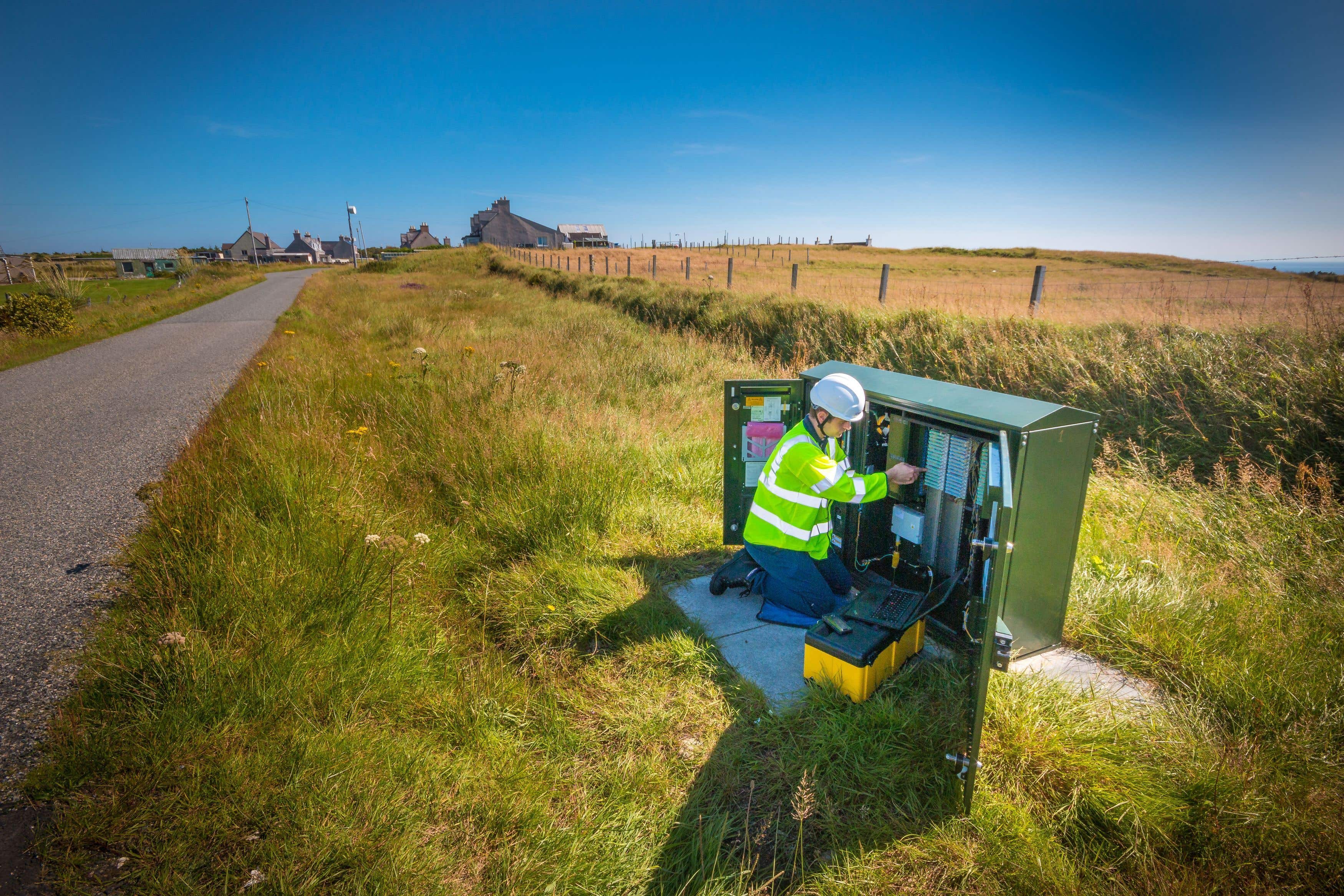BT told to cut rural broadband costs

Your support helps us to tell the story
From reproductive rights to climate change to Big Tech, The Independent is on the ground when the story is developing. Whether it's investigating the financials of Elon Musk's pro-Trump PAC or producing our latest documentary, 'The A Word', which shines a light on the American women fighting for reproductive rights, we know how important it is to parse out the facts from the messaging.
At such a critical moment in US history, we need reporters on the ground. Your donation allows us to keep sending journalists to speak to both sides of the story.
The Independent is trusted by Americans across the entire political spectrum. And unlike many other quality news outlets, we choose not to lock Americans out of our reporting and analysis with paywalls. We believe quality journalism should be available to everyone, paid for by those who can afford it.
Your support makes all the difference.The telecoms watchdog has ordered BT to slash its charges to rivals to help bring cheaper broadband to millions of homes in rural parts of Britain.
Ofcom yesterday revealed it called on BT's wholesale arm to reduce its charges to internet service providers, such as Sky and TalkTalk, using its network to serve customers in the countryside.
The new pricing regime will be capped at 12 per cent below inflation. It will come into effect in the middle of next month and run until March 2014. The move could benefit 3 million homes and businesses in rural areas, the regulator said, including in Scotland and Wales, as well as the South-west of England, Yorkshire and Northumberland.
BT said the impact on its balance sheet would not be material. It added that whether price cuts were passed on to customers would be "totally dependent" on what the internet service providers do. Morten Singleton, an analyst at Investec, said the price cuts were "within the bounds of previous consultation documents and should not come as a surprise". He added that while it was not good news for BT, it was "less negative than it could have been".
Ofcom has been forced to step in as there is no competitor to BT in the many rural areas, while one industry insider said that where there is competition in the countryside, customers can still pay up to £15 a month more.
The regulator put it down to the higher cost of investing in setting up in rural areas and fewer customers. BT, however, said its own retail business has never charged rural customers more than their urban counterparts, unlike many of its rivals.
"This ruling is therefore of more relevance to those ISPs who currently charge a supplement in rural areas," a BT spokesman said.
The telecoms regulator is hoping the price cap will increase competition between the internet providers in less populous areas, and lead to better quality services. It could also lead to faster services as internet providers can buy more capacity for their customers without increasing their current costs.
The news comes shortly after Ofcom published a map of broadband speeds across Britain. Wales and parts of Scotland were saddled with the slowest speeds, as were Cumbria and Rutland.
Ofcom lifted wholesale regulation of the market in areas where competition is "working well for consumers". This has seen 78 per cent of urban and densely populated areas served by competing operators.
Join our commenting forum
Join thought-provoking conversations, follow other Independent readers and see their replies
Comments